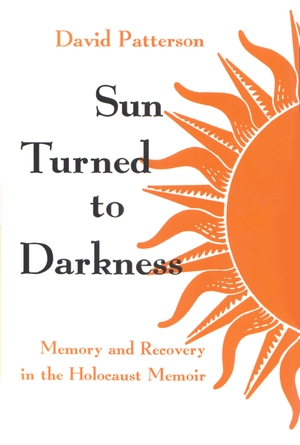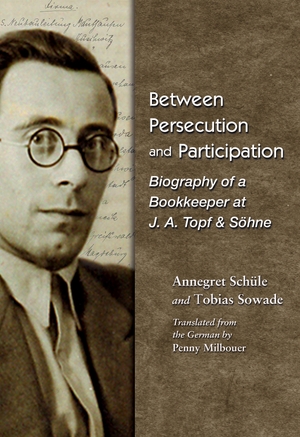"Hans Wilhelm Münch was an SS doctor at Auschwitz-Birkenau and had control over hundreds of prisoners. He was acquitted in a war crimes trial in 1947 despite his role in the deaths of hundreds of inmates. Dagmar Ostermann, born in 1920 in Vienna, was the daughter of an Austrian Jewish father and a German Baptist mother. In October 1942 she was sent to Auschwitz because of alleged illegal contacts with Aryans. The Meeting is based on a documentary film made by Frankfurter in 1988, in which Münch and Ostermann talked face-to-face over a three-day period. Münch is on the defensive as he tries to avoid making any remark that might designate him as a voluntary party member. He describes Josef Mengele as a rationally thinking, objective scientist, and thought nothing of it when Mengele stated that when he was through with experimenting on twins they would go to the gas chambers like all the others. Münch pictures himself as a quasi-victim, believing that all he did was done under duress."—Booklist
"The book adds important Information to the testimonial literature of the Holocaust."—The Education Digest
Description
Fifty years after the war Dagmar Ostermann, a former prisoner at Auschwitz-Birkenau, and Hans Wilhelm Münch, former Nazi and SS physician, talk face to face.
In this rare interview Münch—the only SS member acquitted during the 1947 Cracow war crimes trial refers to himself as a “victim,” claiming that because he had to follow orders he was “no less a victim than his prisoners.”
The Meeting grew out of a documentary film in which Münch was first interviewed by Viennese filmmaker Bernhard Frankfurter. As head of the Waffen SS Hygiene Institute Münch had controlled hundreds of lives. Intrigued by Münch’s responses, Frankfurter arranged for Ostermann, whose mother was German and her father Jewish, to conduct a book-length interview, for which he provided a concluding essay.
The dramatic structure of the discussion follows the events of the Nazi occupation chronologically. As Ostermann initiates questions regarding reasons for Münch’s involvement (Was it a conscious endeavor? Did he participate willingly?), the book adds important new information to the testimonial literature of the Holocaust.
About the Author
Bernhard Frankfurter was an international film director whose documentary film credits include Capitalism in Thirds (1975), On the Road fo Hollywood (1982), SS Nr . .. . Terminal Auschwitz (1984), and Love Life-Live Death (1989). Before his death in 1999, he was also active as an editor, columnist, and scriptwriter, and he founded the Eastern-Western Media Network in 1994.
Susan E. Cernyak-Spatz is professor emerita of the Department of Foreign Languages at the University of North Carolina at Charlotte. She is the author of numerous articles and books, including German Holocaust Literature and Hitler's Gift to the Jews: Translation of Norbert Troller Diaries.
Related Interest
Series: Religion, Theology and the Holocaust
6 x 9, 208 pages, 7 black and white illustrations, 3 maps
August 2021




